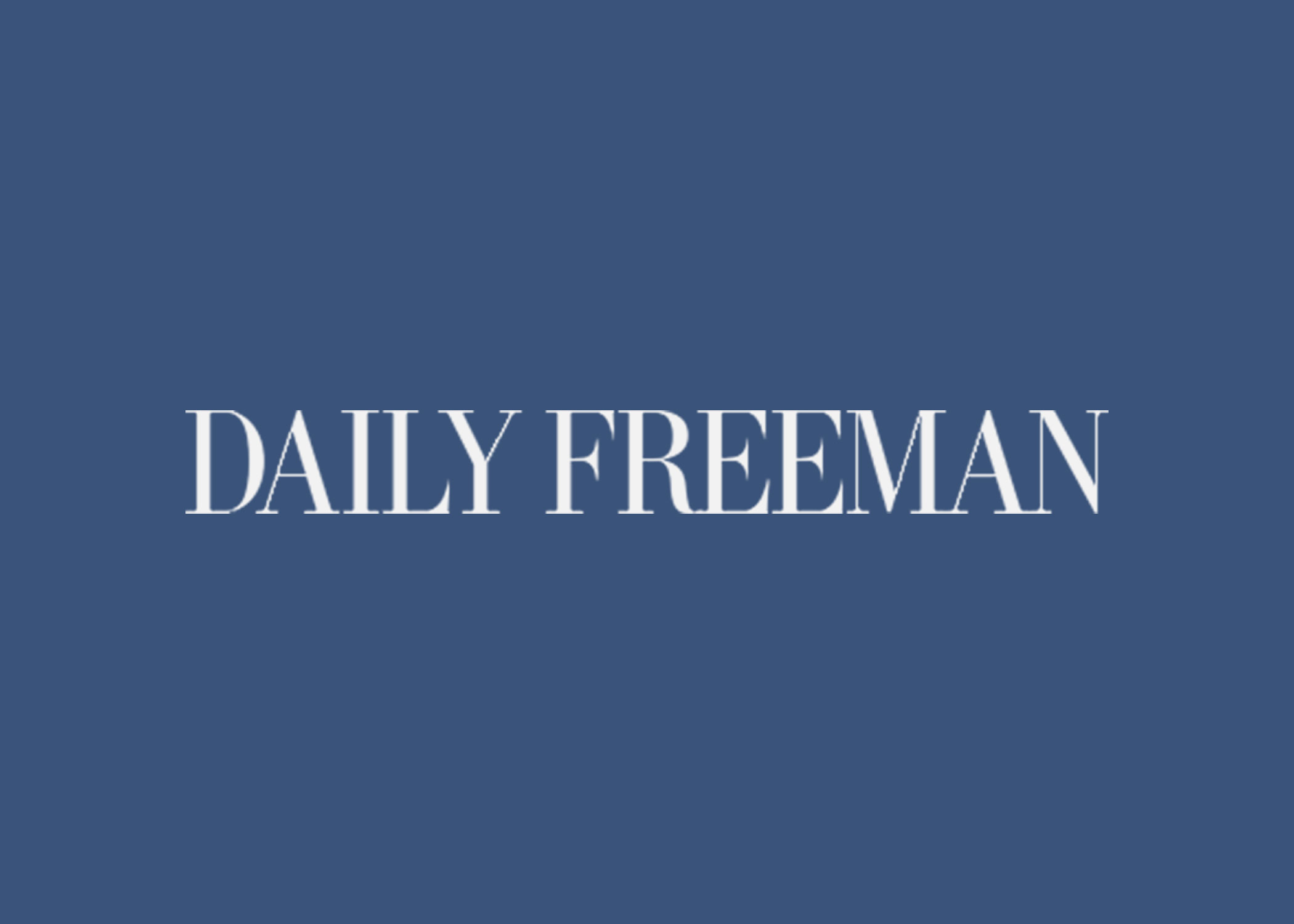The suspension of comedian Jimmy Kimmel from ABC has sparked significant controversy, primarily following remarks made by Brendan Carr, the chair of the Federal Communications Commission (FCC). Carr suggested a direct link between Kimmel’s departure and the political climate, stating, “We can do this the easy way or the hard way,” during an appearance on a right-wing podcast. Within hours of his comments, Kimmel was removed from his position, which has raised questions about the influence of political pressure on media organizations.
This incident has drawn sharp criticism from prominent figures in the entertainment industry. David Letterman responded to Kimmel’s situation by condemning it as indicative of a “dictatorship.” He emphasized that the current environment differs from previous eras when institutions like The Washington Post actively resisted authoritarian tendencies. Letterman’s remarks highlight a growing concern over the erosion of free expression in the media landscape.
The political ramifications of Kimmel’s suspension extend beyond the entertainment sector. Donald Trump expressed approval for Carr’s actions during a flight on Air Force One, praising him as “outstanding” while deriding Kimmel’s talent. This reaction underscores the troubling intersection of politics and media, where the threat of retaliation looms over those who may oppose the current administration.
The implications of Carr’s comments extend into corporate boardrooms, where fear of backlash from the administration may lead to cautious decision-making. Many business leaders face complex risk portfolios that make them particularly vulnerable to governmental influence. This reality raises critical questions about corporate responsibility and the willingness of executives to stand against perceived authoritarianism.
Political analysts have noted that the current administration’s approach to dissent can be described as a form of bullying. This dynamic raises concerns about the future of free speech and the potential consequences for those who choose to speak out. John Bolton, former National Security Advisor, has previously highlighted instances where the Department of Justice was used to target political opponents, illustrating the dangers posed by such tactics.
The environment of fear and compliance may also impact organizations like Harvard University, which, while fighting against pressures to conform, must navigate negotiations carefully to protect its interests. The balance of power between institutions and government is increasingly precarious, prompting many to question how to effectively counteract such authority.
While Kimmel’s future remains uncertain, the broader implications of his suspension extend to all facets of society. The entertainment industry, known for its resilience, will likely continue to challenge political pressures, yet the atmosphere of fear can stifle creativity and innovation.
As the public consumes news and entertainment, the implications of corporate cowardice and political intimidation become ever clearer. The question remains: how many leaders in positions of power are willing to take a stand against threats to free expression? The answer may shape the future of media and politics alike.



































































